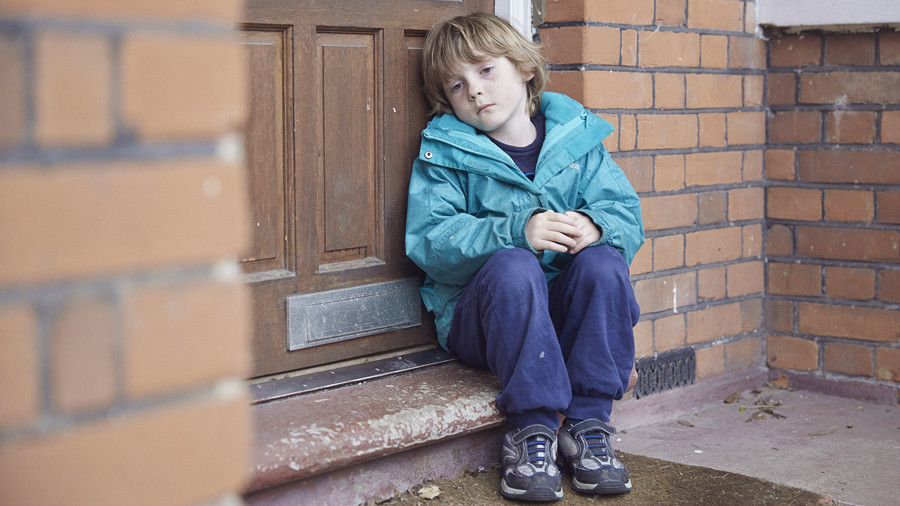Regional Partnership Grants to Increase the Well-Being of, and to Improve the Permanency Outcomes for, Children Affected by Substance Abuse
Application Due Date: August 13, 2018 by 11:59 PM ET
The Family First Prevention Services Act (Family First) was signed into law on February 9, 2018. This legislation creates historic reforms that are a positive step forward to help children remain safely with their families and support youth on a successful transition to adulthood by restructuring the main federal funding stream for child welfare to expand and enhance prevention efforts. The Family First Prevention Services Act amends Title IV-E and Title IV-B of the Social Security Act which governs federally funded child welfare activities across the country. Family First reauthorizes and updates the Regional Partnership Grants (RPG), targeted grants to increase the well-being of, and improve the permanency outcomes for, children affected by methamphetamine or other substance abuse. The updates to the grants better align with the new Title IV-E prevention services focus, including specifying mandatory partners, such as the public child welfare agency, appropriate courts and the state agency administering the substance abuse prevention and treatment block grant, as well as optional public and community based partners.
RPG grantees are to use specific, well-defined, and evidence-based programs that are also trauma-informed and targeted to the identified population. Earlier RPG grantees learned that it is important to include additional service sectors beyond the child welfare, court, and treatment providers. While housing and homeless response providers would not be the primary applicant, the need for housing solutions has been identified as a critical foundational need in prior rounds of RPG. Therefore, as communities consider applications for the 2018 grants, there is an exciting opportunity for housing providers and homeless response system partners to be included as a part of the teams receiving re-authorized and updated Regional Partnership grants under Title IV-B. Including housing providers and homeless system response partners in the Regional Partnership Grant program aligns with the program goal of helping states, tribes, and communities across the nation develop regional partnerships to provide, through interagency collaboration and integration, programs and services that increase permanency, safety and well-being outcomes of children who are in an out-of-home placement or are at risk of out-of-home placement as a result of a parental substance use. The One Roof Roadmap highlights the need for collaborative structures and service models when implementing child welfare and supportive housing partnerships. These successful partnerships in jurisdictions implementing supportive housing aligned with CSH’s Keeping Families Together approach, have laid the ground work for integration in these regional partnerships. This RPG funding opportunity provides a mechanism for cross sector teams to move utilize funding to advance collaborative work that will allow for improved outcomes for families impacted by parental substance abuse and child welfare involvement.
A supportive housing approach aligns with the RPG which focuses on addressing common systemic and practice challenges that are barriers to optimal family outcomes, including engagement of parents in substance use treatment; differences in system paradigms and training; conflicting timeframes across the systems; and service shortages in child welfare services and substance use treatment systems. This works allows for alignment of whole family focused services and approaches. Quality supportive housing is recognized by SAMHSA and the U.S. Department of Housing & Urban Development (HUD) as a best-practice for reducing chronic homelessness, which in turn leads to better outcomes for mental health and substance use disorders. Children receive the stability needed to reach their potential in school settings, parents receive the support needed to improve their own health and the health of their family, and ultimately, families are able to grow stronger together both during and after formal child welfare case involvement.
CSH began its supportive housing efforts for child welfare involved families through a small pilot program in New York City in 2007, which later blossomed into our signature program – Keeping Families Together (KFT). The mix and intensity of KFT supportive housing services are tailored to the unique needs of each member of the family unit and address the trauma that many of these families have experienced. Utilizing a unique approach and collaborative service structure, supportive housing helps keep families together. Early successes with the initial KFT pilot led to the ACYF Partnerships to Demonstrate the Effectiveness of Supportive Housing for Families in the Child Welfare System, with the RTC evaluation scheduled for formal release January 2019. ACF highlighted supportive housing as a promising practice for child welfare families in the ACYF-CB-IM-17-03 Information Memorandum on Efforts by child welfare agencies, local communities, and federal agencies to end family and youth homelessness. The US Interagency Council’s recently released “Home Together: The federal strategic plan to prevent and end homelessness” highlights the importance of supportive housing and includes a strategy to utilize opportunities in child welfare policy to expand resources for community-based preventive services to support stable housing outcomes for children and families involved with, or at risk of involvement with, the child welfare system.
Grant information: https://ami.grantsolutions.gov/HHS-2018-ACF-ACYF-CU-1382
Information related to prior RPG grants: https://www.cffutures.org/ncsacw/#rpg_projects
Please contact us at 1Roof@csh.org to discuss further how this opportunity aligns with One Roof goals and local efforts.



